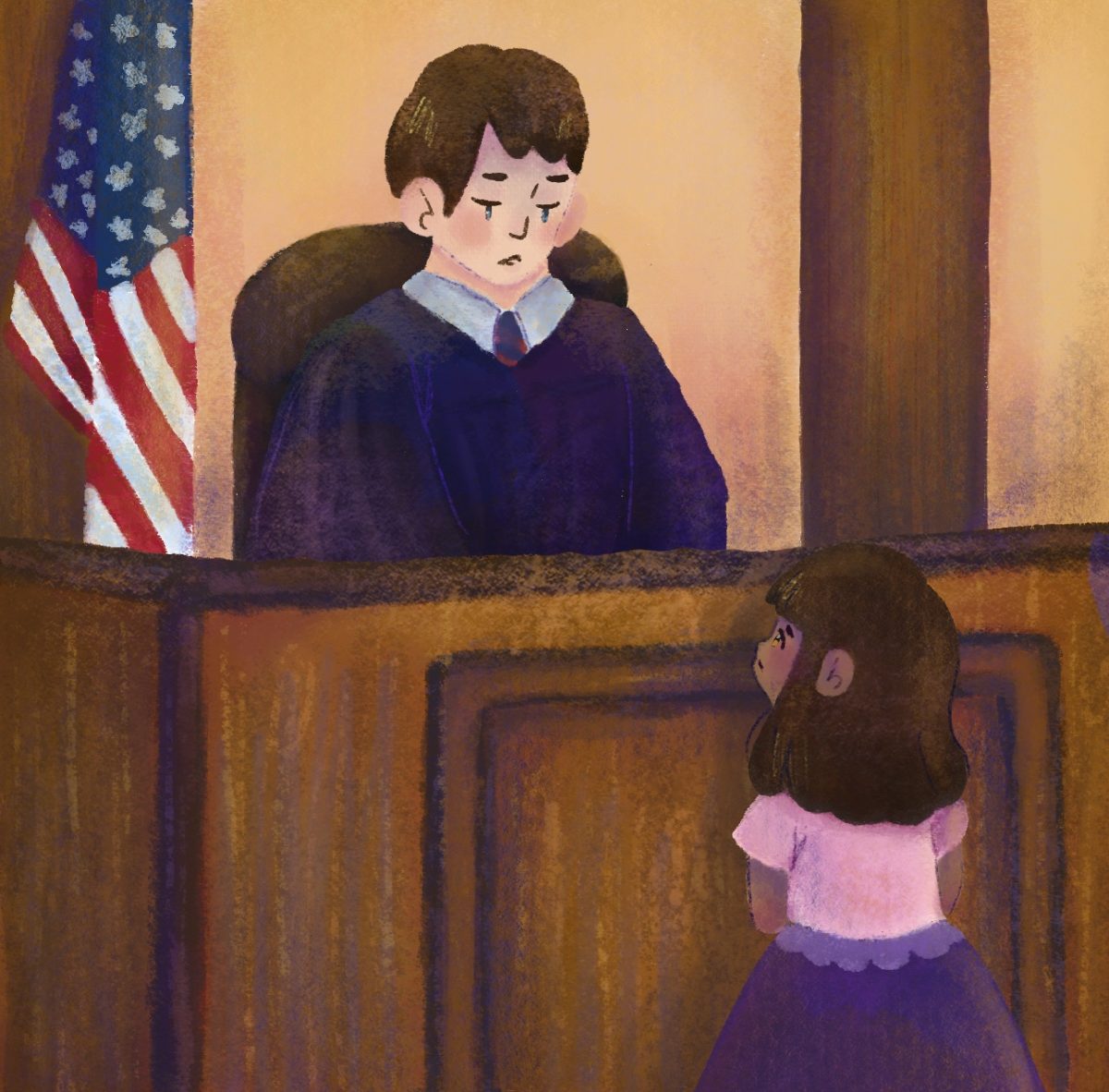
Last week, the American Civil Liberties Union turned down the appeal of former Florida substitute teacher Shawn Loftis, whose teaching certification was revoked in April after his gay porn past was revealed. Loftis, who performed under the stage name Collin O’Neal, believes that had he been a heterosexual porn actor, administrative efforts would have been different. Still, the ACLU denied Loftis’ claim, telling him that his case would have been stronger had his job not involved supervising children. Was the Florida Department of Education right to fire Loftis?
Every so often, we will hear a news story about a teacher who was given a pink slip after their (often minimal) porn industry past caught up with them. The ratio of male to female teachers fired for their on-camera escapades is disproportionate; there are far more female teachers who have been fired for appearing in porn than male teachers. Is this because there are more female teachers who have appeared in porn? Perhaps. Similarly, though, the men that are fired for their dalliances are usually ones who have worked in gay porn. Is the stigma placed upon the performer dependent upon their sex/sexuality? Perhaps the stigma that is placed upon women and gay men who have worked in the porn industry comes from the concept of permissiveness or deviance that heterosexual males–frequently the insertive partners in porn–do not carry with them.
“From a popular perspective, [Loftis’ sexuality] had everything to do with his firing,” said Dr. Greg Knotts, Associate Professor of elementary education. “There are so many consistent myths that continue to be propagated about people of minority sexualities.”
“Anecdotally speaking, I do recall heterosexual porn actors having careers derailed and facing moral corruption charges,” said Martin Pousson, queer studies faculty member. However, both Knotts and Pousson expressed further that Loftis’ case has regional stipulations.
Loftis taught in Miami-Dade County, a historically homophobic sector of Florida (see Anita Bryant). “It is hard to compare [heterosexual and homosexual porn actors],” said Pousson. “We are talking about an out gay man who does not have full rights to begin with, which makes him especially vulnerable.”
When Loftis’ story gained momentum last week, the comments sections on newspapers’ websites, blogs and even Facebook pages were on fire. The debate typically has very little dimension; people either believe that Loftis should be able to keep his job because his porn stint is in the past, or people believe that someone of “questionable moral character” should not be teaching children.
In perusing page after page of these same concerned parents–and “not-parents”–who think that those who appear in porn lack values and should not be around children, the connection between the two becomes unclear.
“If there is no evidence at all that Mr.Loftis introduced his alias to his students or in any way made his site available to them,” said Pousson, “then there are no grounds for firing him.”
“One person’s porn is another person’s pleasure,” said Knotts. “In answering very globally, [Loftis’] choice [to make porn] did not fall into a protected workplace category, but neither did it fall onto the administration’s side. How are they justifying the firing if it has nothing to do with job performance?”
When Loftis was suspended from his teaching job in January, the school district justified their decision by citing Rule 6Gx13-4A-1.21, which states that school faculty, “are expected to conduct themselves, both in their employment and in the community, in a manner that will reflect credit upon themselves and the school system.”
From seeing this rule, two questions can be raised. One, how can this rule be enforced and what are its parameters? “I don’t know how any employer can govern the actions of any employee outside of the workplace,” said Pousson. “I don’t know how that the Miami-Dade school district can hold anyone accountable for actions prior to employment.”
“Someone should not be fired for what they did in the past if it is not harming anyone,” said Haley Scheier, junior cinema and television arts major. “It also has no affect on his abilities as a teacher.”
Secondly, who decides what “reflects credit”? Loftis has a master’s degree in public administration from the University of Miami, is a citizen reporter for CNN and left the porn industry to get his teaching credential. Loftis seems to be entirely “credible.” Also, while Loftis was in the industry, he was a successful entrepreneur, creating an eponymous production company and series, “World of Men.”
There are many reasons that people go into porn. While one can never assume why someone is in the industry, many fall into it when they do not have the means to do other jobs. When they get the means, or are done with the industry for whatever reason, and would like to find employment outside of sex work, they are turned away or fired from jobs because they did porn.
How can former members of the porn industry, which employs roughly 12,000 people a year in California alone, be denied jobs because they are “morally abhorrent”? Where is the line of demarcation that decides when a part of someone’s past does not “reflect credit?”
“No sensible, responsible, progressive governmental system should ever attempt the task of legislating morality,” said Pousson.





